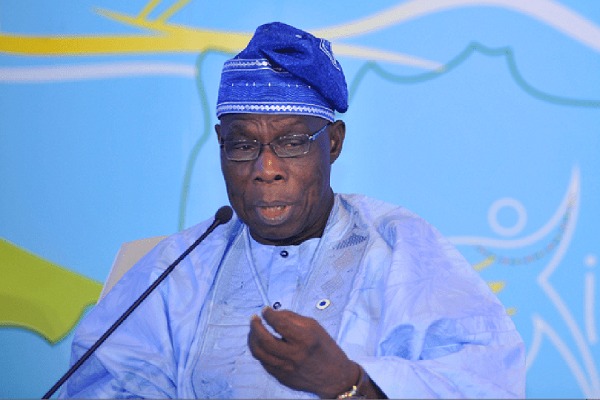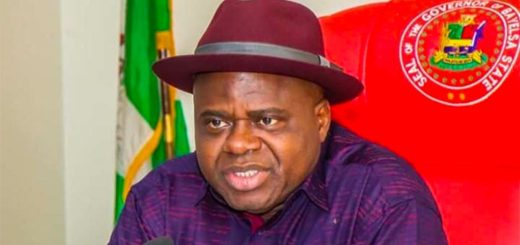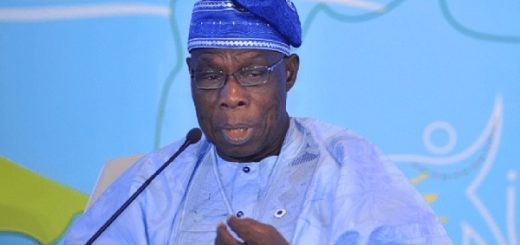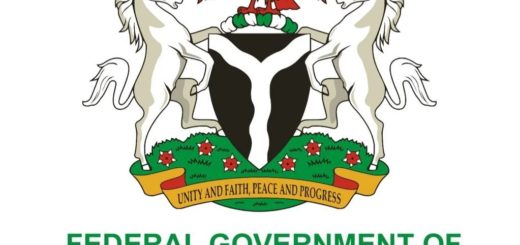Obasanjo warns youths against drug abuse
 Former President Olusegun Obasanjo has appealed to African youths to avoid drug abuse, describing it as a destructive habit that can cut lives short.
Former President Olusegun Obasanjo has appealed to African youths to avoid drug abuse, describing it as a destructive habit that can cut lives short.
Speaking at the second edition of the Fly Above The High sensitisation programme on drug abuse, organised by the Recovery Advocacy Network at the Olusegun Obasanjo Presidential Library, Abeokuta, Obasanjo highlighted the growing menace of drug consumption across sub-Saharan Africa.
“Against the notion that Africa was only being used as a transit hub for drugs coming from Latin America, the consumption of drugs in Africa has become an issue, growing worse over the last decade,” Obasanjo stated on Saturday.
The former president urged those grappling with addiction not to conceal their struggles but to seek help to escape the catastrophic consequences of drug abuse, including untimely death.
Obasanjo recounted his experience as Chairman of the West African Drug Commission, an initiative under the Kofi Annan Foundation, where their findings revealed a distressing reality:
“We went round West Africa believing we were free from drugs that mainly come from Latin America to North America and Europe.
“But to our dismay and pain, we found out that West Africa had become a centre for drug consumption in a very bad way.
“That was more than 10 years ago, and the situation has since worsened. What applies to West Africa applies to all other parts of Africa,” he said.
Sharing a personal story, Obasanjo described the tragic loss of a cousin who succumbed to a drug-related death despite multiple rehabilitation efforts.
“Addiction is a form of disease. Some diseases cannot be cured but can be managed. People with addiction should not hide it; they should seek help before it’s too late,” he advised.
The former president urged society to support those battling addiction, saying, “A word of prayer for them can prove to be a turning point.”
Stronger advocacy
President of the Recovery Advocacy Network, Dr Kunle Adesina, emphasised the need for intensified campaigns against drug and substance abuse.
“The essence of this gathering is to educate young people on the evils of drugs. Psychoactive substances, no matter how harmless they seem, have ruinous effects. Prevention is key,” Adesina said.
He revealed alarming statistics, noting that 14.3 million Nigerians have used some form of substance in the last six months, with one in five users being female. He called for stronger legislation and collective ownership of the fight against drug abuse.
A mental health expert, Dr. Sam Abah, delved into the impact of drugs on the brain during his lecture titled Rewired for Dependency: How Drug Use Affects the Brain. He cautioned that addiction severely damages the brain, leaving victims’ lives in jeopardy.
“Stay away from drugs,” Abah urged, “so you don’t destroy the beautiful future ahead of you. If you’ve already started, stop now and seek help.”
Meanwhile, Vice President of the Recovery Advocacy Network and a former drug addict, Dr Abubakar Salami, shared his inspiring journey of overcoming addiction through faith and determination.
“God helped me turn a new leaf. To anyone battling drugs, embrace God and be resolute to free yourself from its claws,” Salami encouraged.
The event concluded with renewed calls for community action, stronger laws, and unwavering support for those seeking to reclaim their lives from the grip of addiction.













